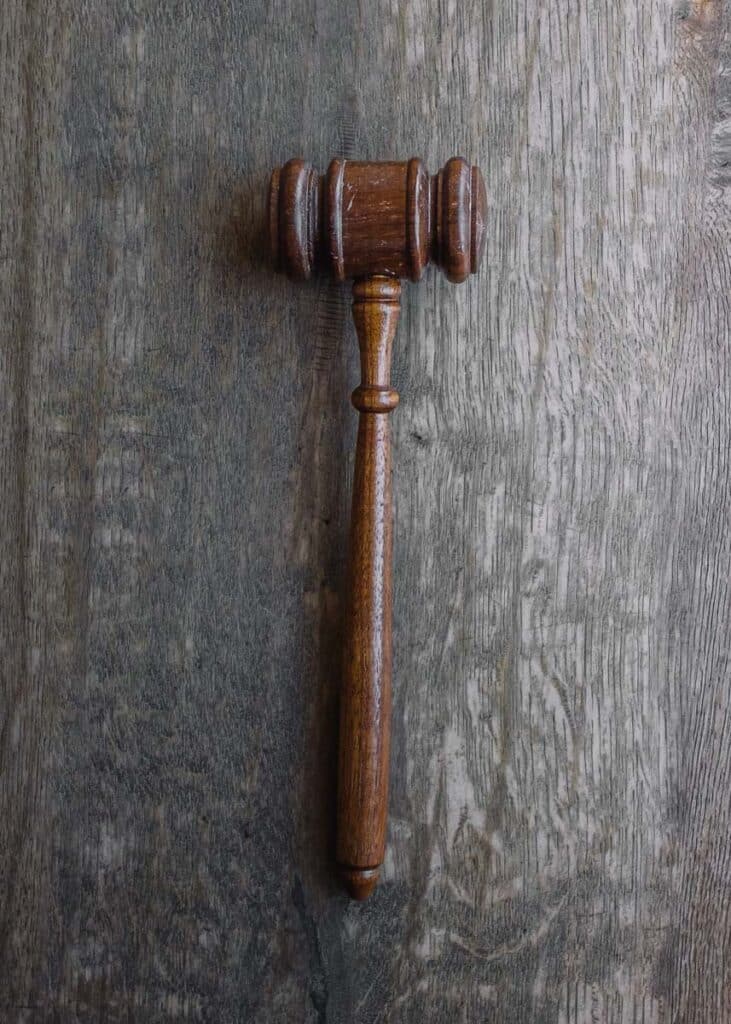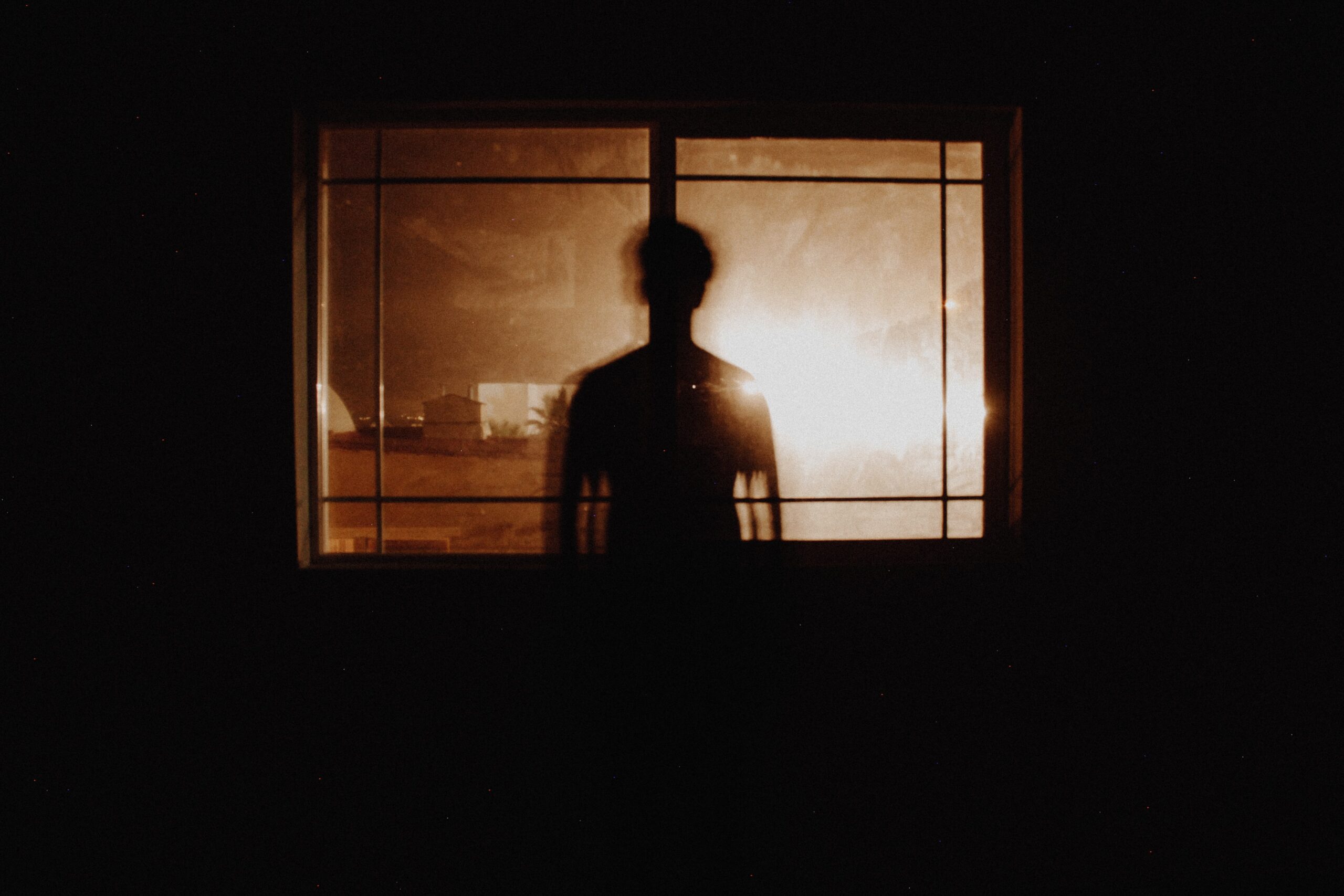Addiction is a condition that can wreak havoc in personal lives, careers, and family relationships. Unfortunately, many people feel trapped in a situation where they experience a loved one going through addiction, but refuse to admit they have a problem or get help.
Fortunately, there is an option for those that find themselves in such a situation in which they can’t get their friend or family member the treatment they so desperately need. It is to petition for Casey’s Law. Keep reading to find out how it can help you get your loved one into treatment.
What is Casey’s Law?
Casey’s law was initiated in July 2004. It is short for The Matthew Casey Wethington Act for Substance Abuse Intervention. It is named after Matthew Casey Wethington, who in 2002 died from a heroin overdose at 23.
Casey’s parents tried numerous times to get him help and avoid this tragic outcome, but they could not do anything because as an adult the law stated they were not allowed to intervene.
After his death, they dedicated their lives to petitioning for Casey’s law which would allow family, and friends of someone suffering from addiction to legally intervene and get them the addiction recovery help they need.
How Casey’s Law Can Help You In Getting A Loved One Addiction Treatment?
Casey’s law means that even if the person suffering from addiction you are concerned about is an adult, a family member, relative, or friend can still legally intervene and get them help. To do this you will need to file the relevant petition with your local court system.

A Casey’s Law petition can be completed by a friend or family member looking to get their loved one into addiction recovery treatment. It is very short at three pages long, and it must also be notarized.
As the petitioner for Casey’s Law, you will also need to take responsibility for the payment of the addiction treatment your loved one will receive. In some cases, Medicaid may cover the cost of either outpatient or residential treatment for those that qualify.
After the petition is filed, the person suffering from addiction problems must be assessed within 2 weeks by two medical professionals, one of which must be a physician to confirm their addiction and assess the severity. If both agree that the person is suffering from an addiction problem the court can order that person to be admitted to and attend treatment.
Do Court-Order Addiction Treatment Programs Work?
Yes, they do. Indeed, they can be just as effective as when an individual chooses to go into drug rehab therapy by themselves.
Some people mistakenly believe that addiction treatment can only work if the person suffering from addiction chooses to go. However, because such therapy offers them the skills to understand where their addiction came from, and how to deal with their feelings and emotions without it, it can work regardless of whether it’s court-ordered or not.
Treatment Options For Addiction
There is a range of treatment options on offer for those that come under the jurisdiction of Casey’s law. In most cases, an intensive outpatient program is ideal as it provides a supported route to recovery that is lasting and sustainable.
Outpatient programs also allow patients to continue living in their own homes, and communities which can help them build the skills they need to safeguard against relapse once treatment is completed.
In some cases, outpatient telemedicine is also an excellent option for recovery. What this means is instead of attending therapy sessions in person, a patient may video call with their therapist. The advantages of this approach include greater flexibility and accessibility for the patient.
For example, patients will not have to travel long distances to attend their therapy sessions if they are not located in the Louisville area. Similarly, if they require immediate assistance, they can contact and speak to their therapist much more quickly.
Indeed, some patients will benefit the most from multiple pathways treatments as these will help address the issues underlying the addiction, and treat the person more holistically.
For instance, here at Louisville Addiction Treatment Center, we offer a range of treatments that can be in combination such as medication-assisted therapy, animal-assisted therapy, family therapy, and wilderness therapy to maximize the potential for success.
Choose Louisville Addiction Treatment Center For Your Loved One’s Needs.
Here at Louisville Addiction Treatment Center we accept and have extensive experience with patients court-ordered into recovery therapy under Casey’s law. We offer an effective non-judgmental multi-pathway approach to addiction recovery.
We combine medication-assisted therapy, animal-assisted therapy, wilderness therapy, and family therapy and can offer intensive outpatient programs as well as telehealth outpatient programs to support those on the path to recovery.

